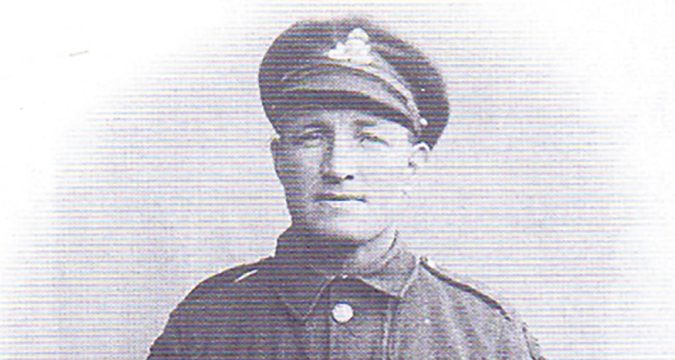 Our time machine travels back to the early days of our sport to celebrate the remarkable career of Dai Davies, who didn't just excel at rugby league, but rugby union and football too.
RUGBY league players have fathered footballers.
Dad of the Knowles brothers 'Nice One' Cyril, of Tottenham Hotspur and England, and Peter, the Wolverhampton Wande
Our time machine travels back to the early days of our sport to celebrate the remarkable career of Dai Davies, who didn't just excel at rugby league, but rugby union and football too.
RUGBY league players have fathered footballers.
Dad of the Knowles brothers 'Nice One' Cyril, of Tottenham Hotspur and England, and Peter, the Wolverhampton Wande Time Machine: The only man to play in a Challenge Cup final and FA Cup final
 Our time machine travels back to the early days of our sport to celebrate the remarkable career of Dai Davies, who didn't just excel at rugby league, but rugby union and football too.
RUGBY league players have fathered footballers.
Dad of the Knowles brothers 'Nice One' Cyril, of Tottenham Hotspur and England, and Peter, the Wolverhampton Wande
Our time machine travels back to the early days of our sport to celebrate the remarkable career of Dai Davies, who didn't just excel at rugby league, but rugby union and football too.
RUGBY league players have fathered footballers.
Dad of the Knowles brothers 'Nice One' Cyril, of Tottenham Hotspur and England, and Peter, the Wolverhampton Wande 